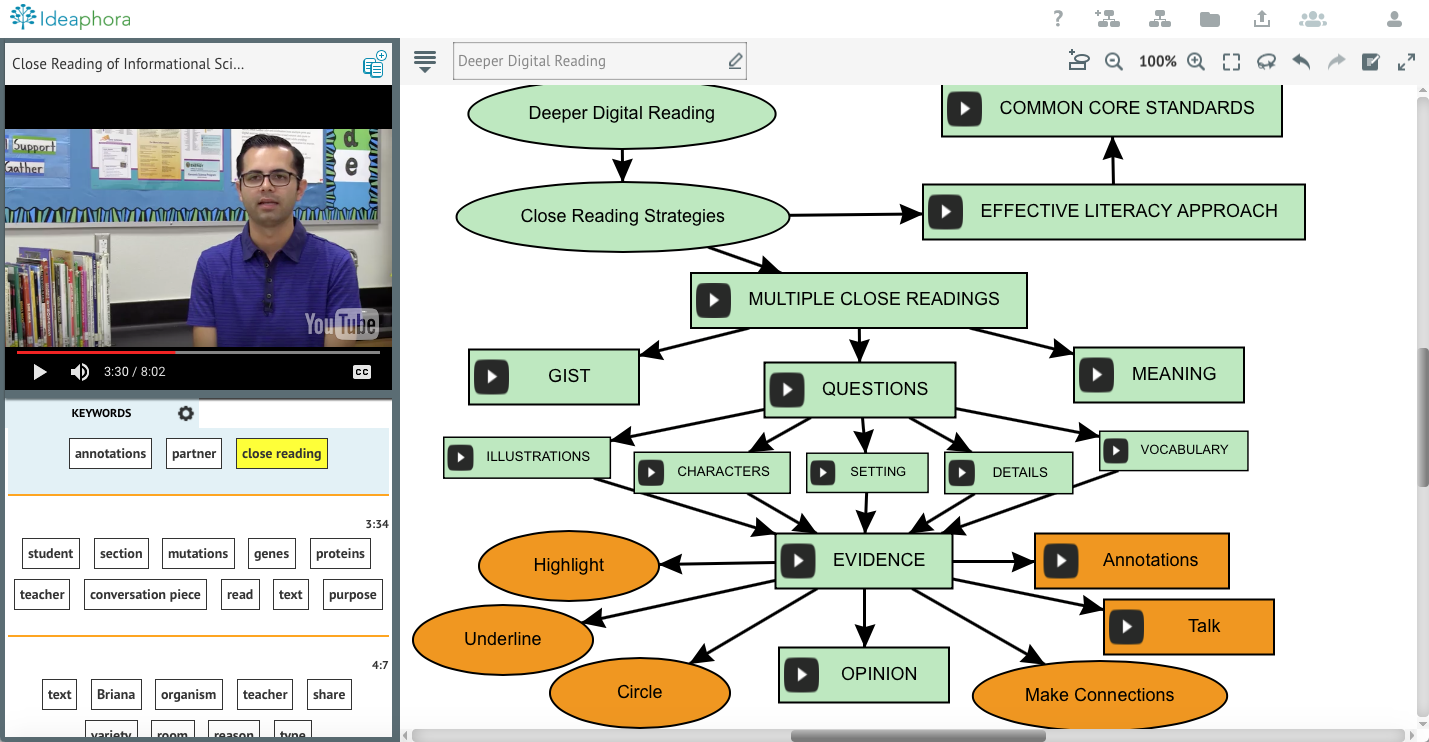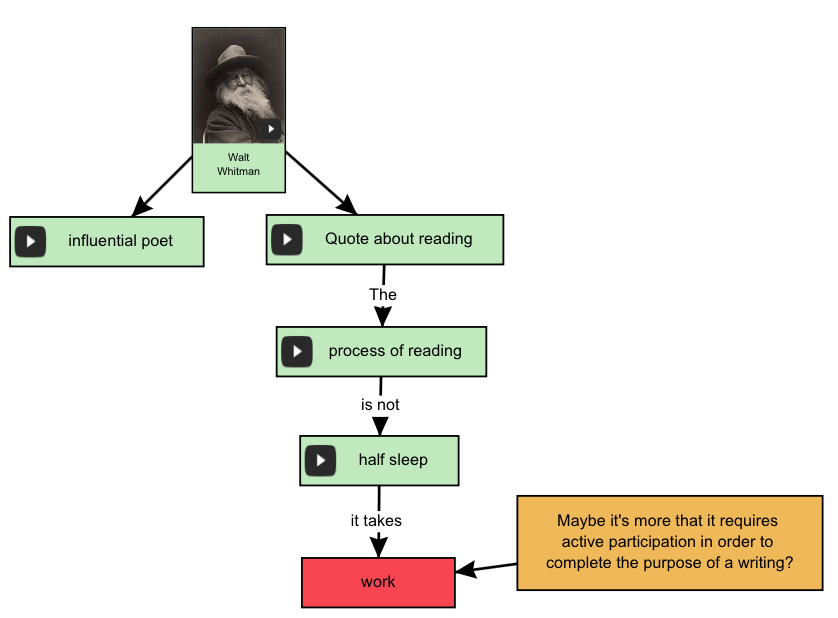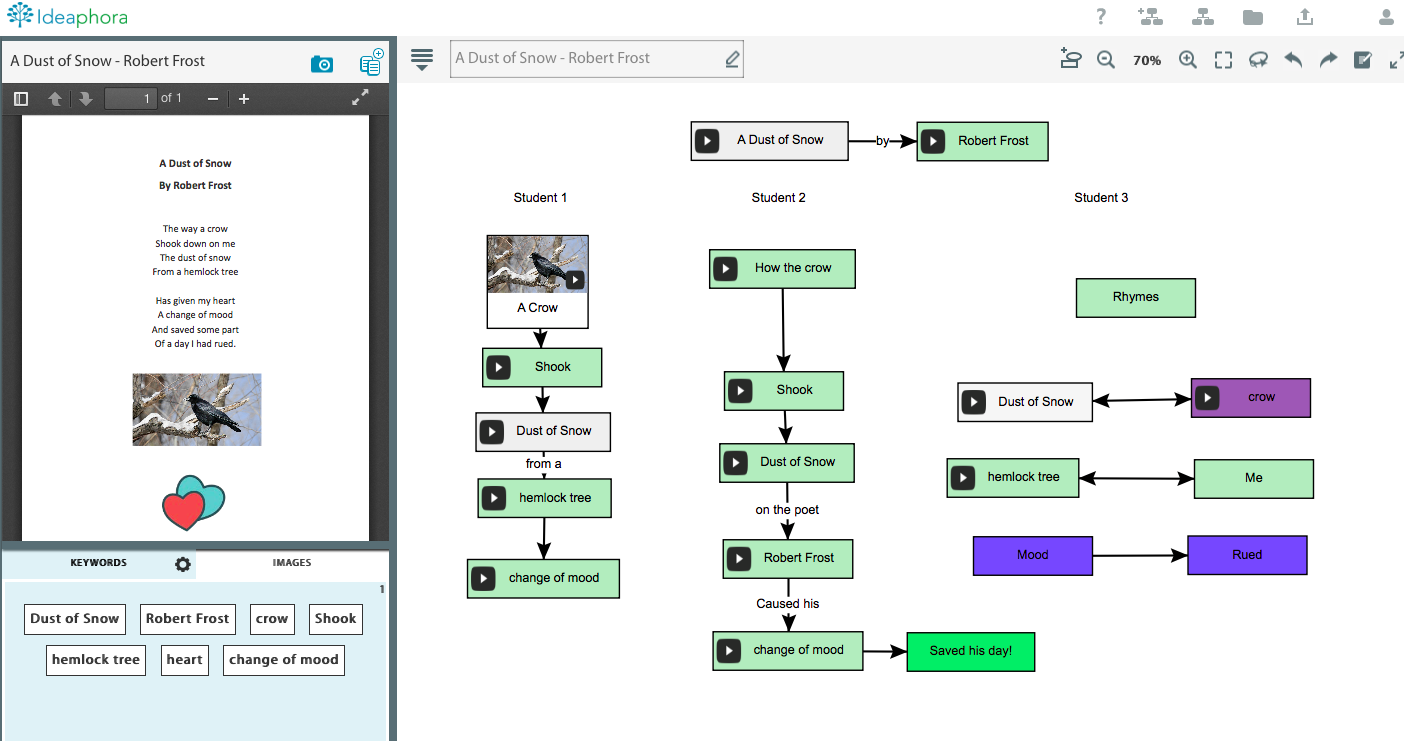Due to their cost-effectiveness and convenience, digital texts are becoming as popular inside classrooms as they are outside school walls. Students will increasingly encounter digital text in their academic, personal and professional lives, so it's imperative they learn how to read proficiently in both print and digital formats.
A growing body of research indicates students read differently online than they do in print. Students tend to consume ebooks and other digital materials, such as online articles and videos, passively, skimming the material rather than deeply engaging with it. Studies have shown students' comprehension suffers when reading online. Research by the Schugars, the Joan Ganz Cooney Center, and others, as detailed by Education Week, indicate that the same attributes of ebooks that increase students' motivation to read also create distractions for students, affecting the way they read.




